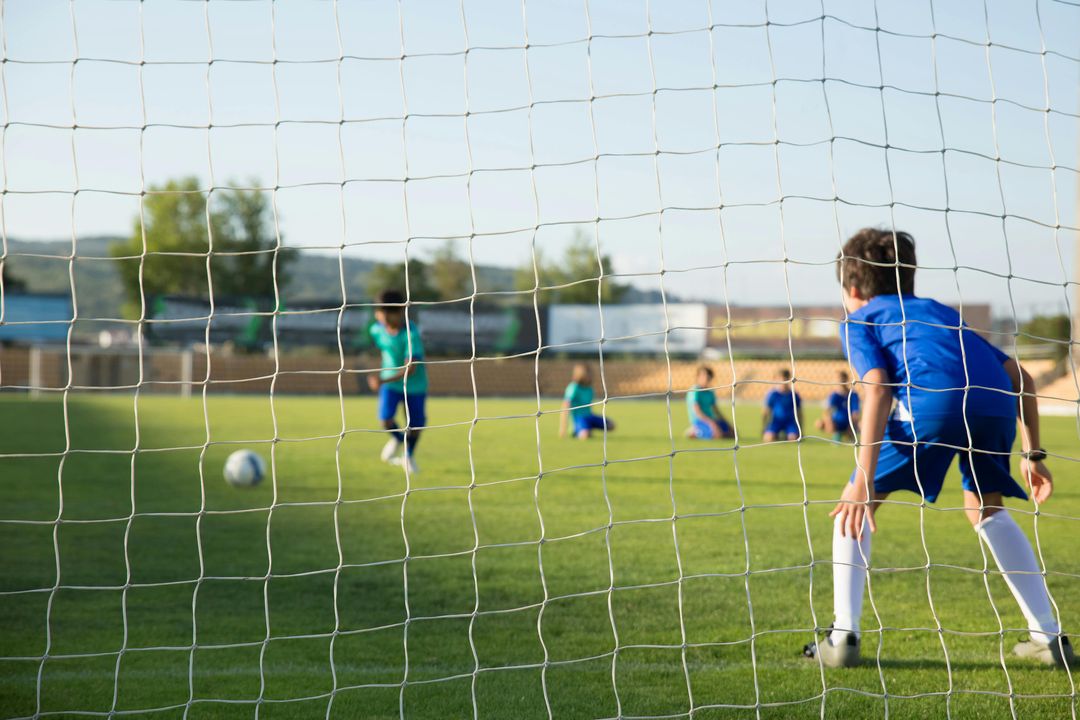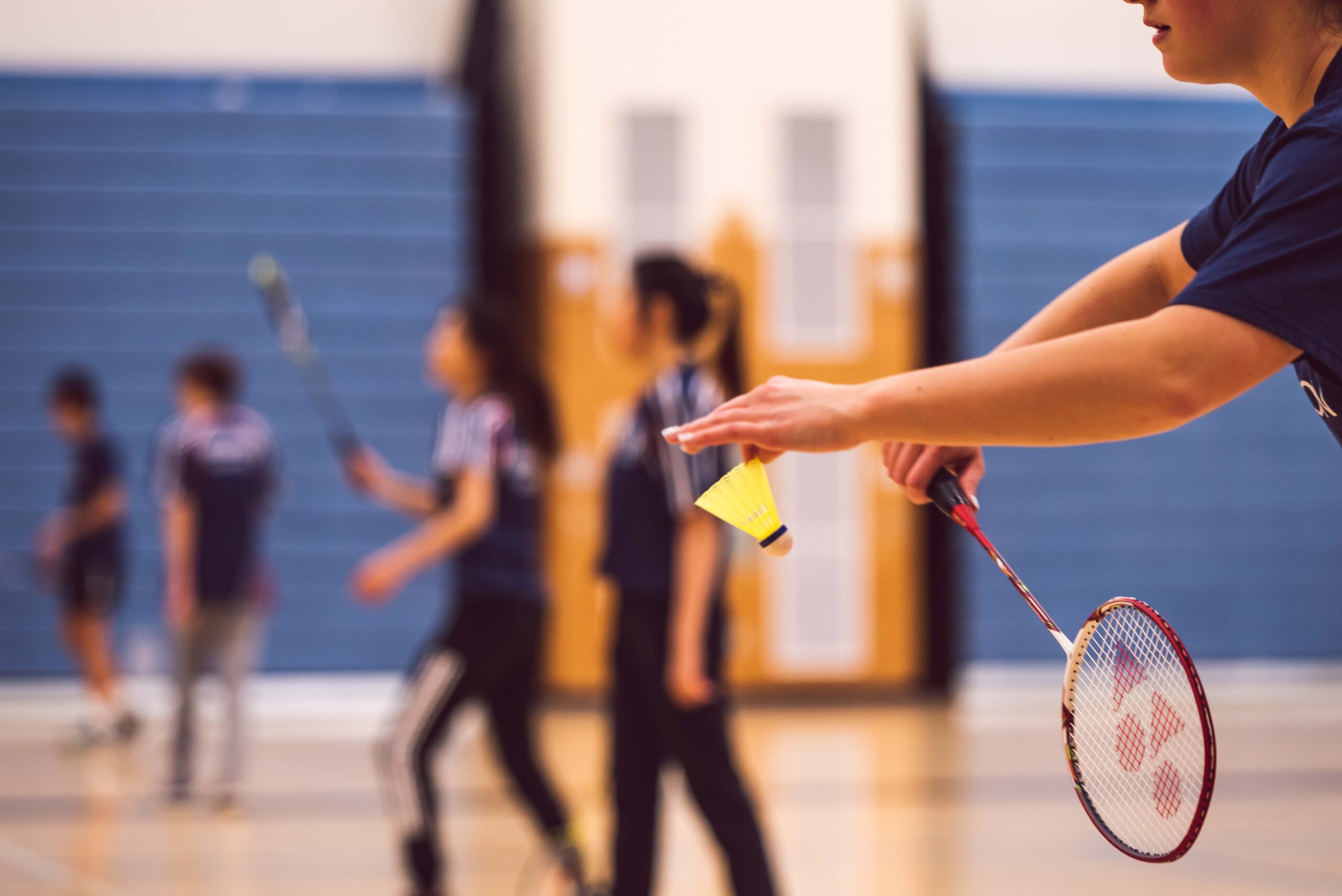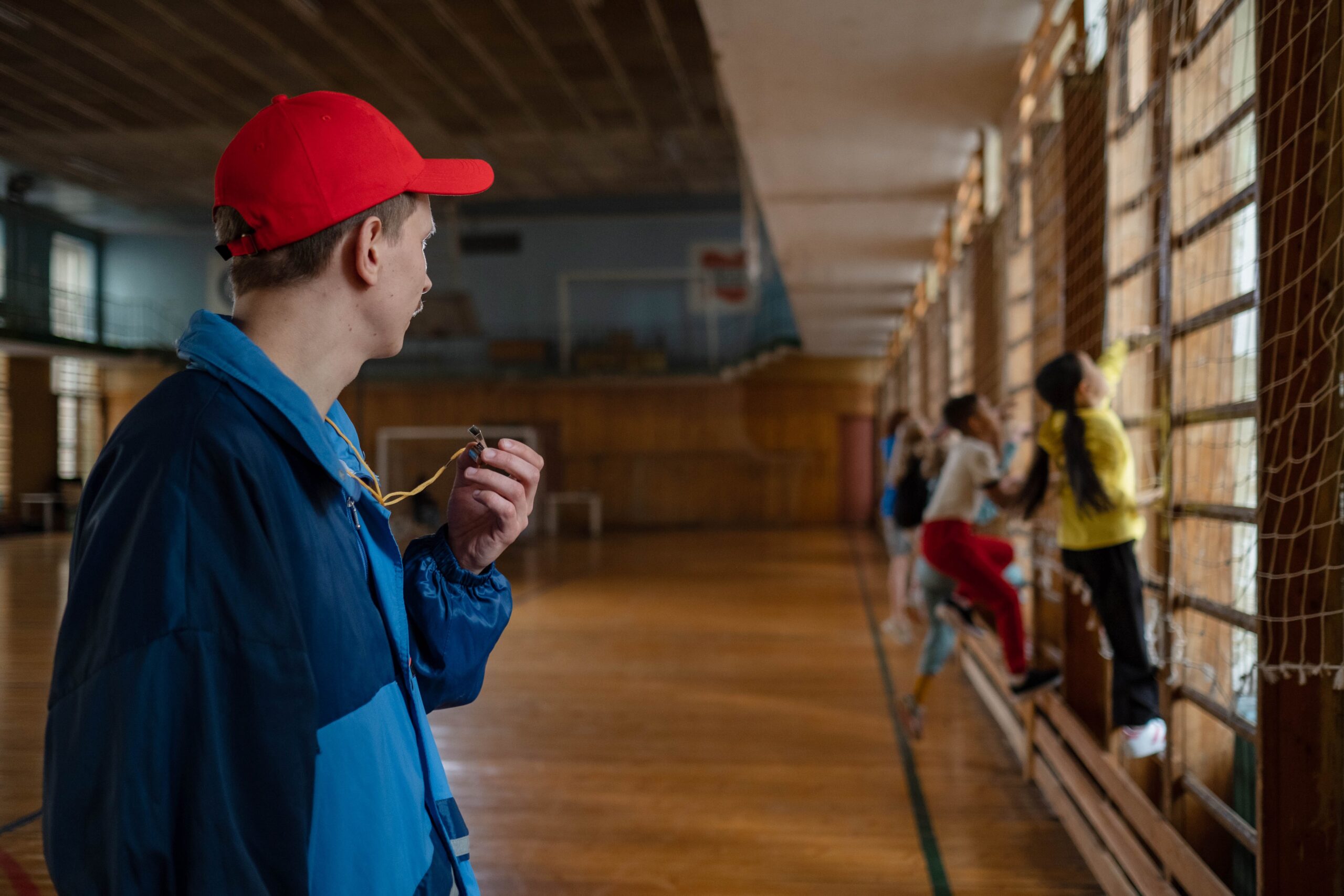Managing Behaviour and Motivation in Young Athletes
Managing behaviour and motivation in young athletes is a critical aspect of coaching that requires a delicate balance of discipline, encouragement, and understanding. Effective management strategies can help young athletes develop not only their physical skills but also their mental and emotional resilience. This article delves into the best practices for managing behaviour and motivation in young athletes and concludes with reasons why the Kick Out Club excels in this area.
Understanding Young Athletes
Developmental Stages
Young athletes are at various stages of physical, cognitive, and emotional development. Understanding these stages is crucial for effective coaching. Younger children, for instance, may need more frequent breaks and simpler instructions, while older children can handle more complex tasks and longer periods of concentration.
Individual Differences
Every child is unique, with different motivations, strengths, and challenges. A good coach recognises these individual differences and tailors their approach to meet the needs of each athlete.
Behaviour Management Strategies
Setting Clear Expectations
Establishing clear, consistent rules and expectations from the outset helps create a structured environment where children know what is expected of them. This includes defining acceptable behaviour, punctuality, effort, and respect for others.
Positive Reinforcement
Positive reinforcement involves recognising and rewarding desirable behaviours. This can be done through verbal praise, additional responsibilities, or small rewards. Positive reinforcement encourages repeated good behaviour and helps build self-esteem.
Consistent Consequences
Consistency is key when managing behaviour. If rules are broken, there should be predictable and fair consequences. This might involve a time-out, a conversation about the behaviour, or temporary removal from a game. Consistency helps children understand the link between their actions and the outcomes.
Building Relationships
Strong relationships between coaches and athletes are foundational for effective behaviour management. Taking the time to get to know each athlete, showing interest in their lives outside of sports, and being approachable builds trust and respect, making it easier to guide behaviour.
Role Modelling
Coaches should exemplify the behaviour they expect from their athletes. Demonstrating qualities like respect, patience, and dedication sets a positive example for young athletes to follow.
Motivation Strategies
Setting Achievable Goals
Setting short-term and long-term goals gives athletes something to strive for. These goals should be specific, measurable, attainable, relevant, and time-bound (SMART). Achieving goals, even small ones, provides a sense of accomplishment and keeps athletes motivated.
Fostering a Growth Mindset
Encouraging a growth mindset helps athletes view challenges as opportunities to improve rather than obstacles. Praise effort rather than innate ability, and teach athletes to embrace mistakes as part of the learning process.
Variety and Fun
Keeping training sessions varied and fun is essential to maintain interest and motivation. Incorporate different drills, games, and activities to prevent monotony and keep the sessions enjoyable.
Building Intrinsic Motivation
Intrinsic motivation, where athletes participate for the love of the sport itself, is more sustainable than extrinsic motivation (participation for rewards or recognition). Coaches can foster intrinsic motivation by highlighting the enjoyment of playing, improving skills, and being part of a team.
Providing Autonomy
Giving young athletes some control over their training can increase motivation. This can include letting them set personal goals, choose drills, or suggest activities. Autonomy makes athletes feel more invested in their sport.
Encouraging Team Spirit
Creating a supportive team environment where athletes encourage and support each other can boost motivation. Team-building activities and fostering a sense of camaraderie help athletes feel connected and motivated to contribute to the team’s success.
The Role of Parents
Supportive Involvement
Parents play a critical role in the behaviour and motivation of young athletes. Encouraging positive behaviour, supporting their children’s efforts, and maintaining realistic expectations can greatly influence an athlete’s experience.
Avoiding Pressure
While support is crucial, excessive pressure can lead to stress and burnout. Parents should focus on effort and enjoyment rather than just outcomes and achievements.
Why Choose the Kick Out Club?
Expertise and Experience
The Kick Out Club employs highly experienced and qualified coaches who understand the intricacies of managing behaviour and motivation in young athletes. Their expertise ensures that each child receives the support and guidance they need.
Personalised Approach
At the Kick Out Club, every athlete is recognised as an individual. Coaches tailor their strategies to meet the unique needs and motivations of each child, fostering a positive and inclusive environment.
Emphasis on Holistic Development
The Kick Out Club’s holistic approach goes beyond physical training. They focus on developing the mental and emotional aspects of young athletes, ensuring well-rounded growth and resilience.
Strong Community
The Kick Out Club fosters a strong sense of community and team spirit. Their programs are designed to build camaraderie, teamwork, and mutual support among athletes, enhancing both motivation and enjoyment.
Proven Success
With a track record of positive outcomes, the Kick Out Club has consistently demonstrated their ability to effectively manage behaviour and motivation, leading to thriving, engaged, and motivated young athletes.
Conclusion
Managing behaviour and motivation in young athletes requires a comprehensive approach that considers their developmental stages, individual differences, and the importance of positive reinforcement, consistency, and relationship-building. The Kick Out Club excels in these areas, offering expert guidance, personalised strategies, and a supportive community that fosters the holistic development of young athletes. Choosing the Kick Out Club ensures that your child receives the best possible environment to grow, both as an athlete and as a person.









